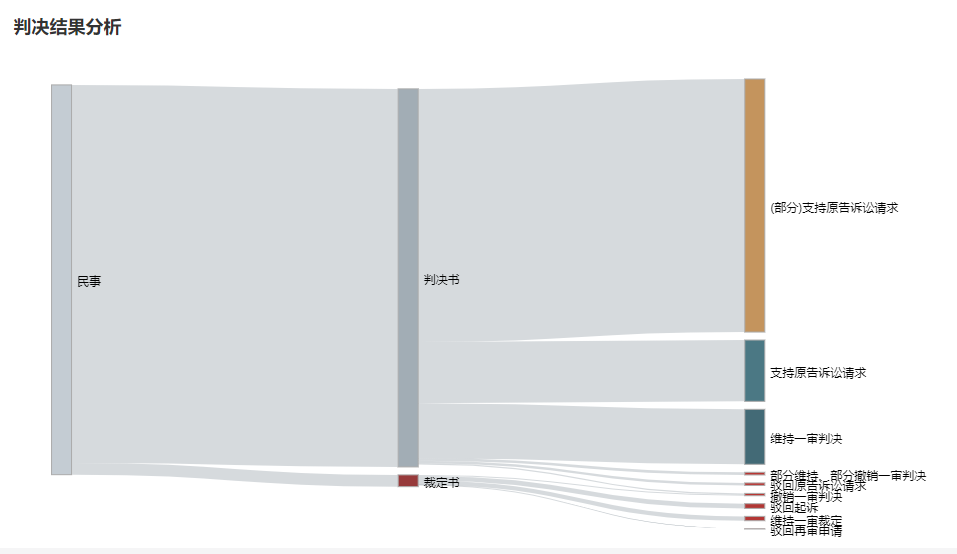How does the music copyright market achieve a virtuous circle?
Editor’s note: This article is from WeChat public account “Knowledge productivity” ( ID: zhichanli), the author 蓁蓁.
(3564 words in this article, reading takes about 7 minutes)
KTV merchants who have been continuously claimed for copyright infringement of songs have begun to “resist”.
Recently, a number of KTVs have used a more “original” approach to protest the fees charged by the China Audiovisual Copyright Collective Management Association (hereinafter referred to as the Music Association). Shengshi Yinhuang KTV pulled up the banner and said that “the boycott of the sound collection will be the third time to collect money, we should not sue.” The content of the big star KTV banner said: “We want to survive, we have to eat.” In response to KTV merchants’ “complaints”, Jiangsu Entertainment Association also issued a document calling for a moratorium on song copyright fees half a month ago.
 < /p>
< /p>
A number of KTV and Jiangsu Entertainment Association’s call for a moratorium on song copyright fees reflect the predicament of a good copyright order in the music industry. “There is a market call for the suspension of song copyright fees, but this does not mean that it is reasonable.”Hang Tak Law Firm Chief Lawyer Tang YongOn this incident Evaluation said.
Up to 50,000 pieces of KTV merchant music infringement
KTV merchants are not the only ones to pull banners. In recent years, copyright protection has received increasing attention and intensified the infringement crisis.
As early as the early 20th century, KTV’s case of being accused of infringing on the copyright of songs was not common. According to the Knowledge-Based Database, from 2003 to 2008, the number of referees in the entertainment venues that violated the copyright of songs in various places was single digit. By 2012, the number of cases has grown by leaps and bounds, with thousands of referee cases each year.
In 2017, the number of cases reached a peak of over 14,000. From 2003 to 2019, there were more than 51,000 copyright infringement cases in various places. Coastal cities such as Guangdong, Zhejiang, and Shanghai are the most frequent cases.

 < /p>
< /p>
Among them, the first trial of the infringement of copyright disputes by the Beijing Chaoyang District People’s Court in 2008 and the Beijing Jingrui Real Estate Co., Ltd. was a typical case.
In this case, the sound collection association said that Jingrui Real Estate Co., Ltd. did not pay the fees without the permission of the right holder, and completely included 46 music and TV works managed by the association in the jukebox of its business premises. The right to show and copy rights of the right holder. Therefore, the claim is 200,000 yuan.
Jingrui Real Estate Co., Ltd. argued that the KTV venue of the Sound Syndicate is contracted by Beijing Ruigang Catering and Entertainment Co., Ltd. (referred to as Ruigang Entertainment Co., Ltd.). According to the contractual agreement between the two parties, in case of legal liability, Ruigang should be The entertainment company bears, and there are only 7 KTV rooms operated by Ruigang Entertainment Co., Ltd., so they disagree with the litigation request of the Music Association.
The Beijing Chaoyang District People’s Court held that, although Jingrui Real Estate Company proposed that the actual operator of KTV is Ruigang Entertainment Company, it did not fully prove this. Therefore, Jingrui Real Estate Co., Ltd. should use KTV to use the music TV works involved. Responsibility for the conduct of business activities.
Therefore, Jingrui Real Estate Co., Ltd. was sentenced to stop using the 46 songs involved and compensated for economic losses and reasonable expenses of more than 40,000 yuan.
The judgment of the case also provided a reference for the trial of many similar cases. In the 10 years after 2008, the casino operators’ turnover rate was extremely high, and 80% of the cases supported the original request or partially supported the original request. It can be said that the operators of entertainment venues have not prevailed in the early days of the copyright war.
The sound collection synergy rights to the golden song is controversial
It can be seen from the appeal case that at the beginning of the establishment, the sound collection association was successful in the first battle, and the lawsuit filed by it became a typical case, which also implied that the role played by it in similar cases should not be underestimated. <
